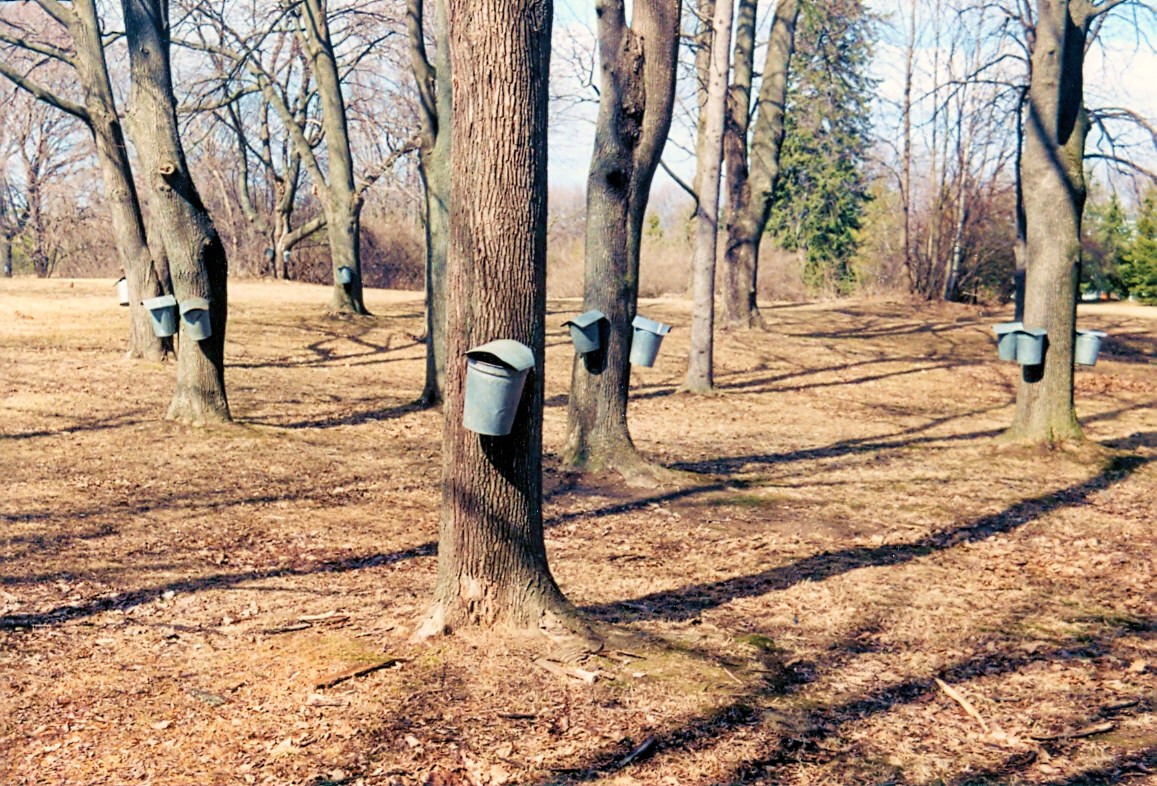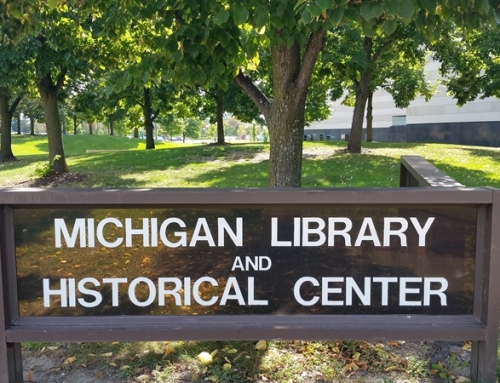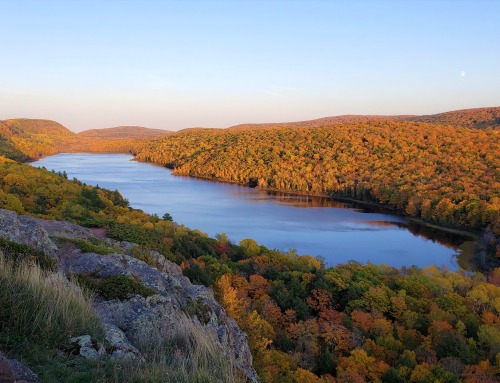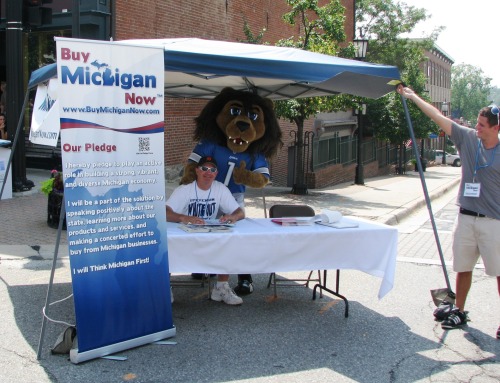Michigan maple syrup producers are hoping for another sweet season of tapping trees and boiling sap after producing 190,000 gallons in 2022 (up from 150,000 gallons in 2021), according to the United States Department of Agriculture (USDA). In 2019, Michigan produced 195,000 gallons – the highest amount on record.
To celebrate Michigan’s oldest agricultural activity, 18 members of the Michigan Maple Syrup Association once again invite Michiganders to experience this unique process during one of three Annual Michigan Maple Syrup Weekends coming up from mid-March through early April throughout both peninsulas:
March 18-19: Southern Lower Peninsula (south of US10)
- Butternut Creek Sugar Shack, Mendon
- H & H Sugarbush, Chelsea
- Law Family Farm, North Branch
- MapleWorxz, Caro (Since 1949)
- Merten Farms, Hart
- Shepherd Sugarbush, Shepherd
- Sweetz Beez N’ Treez, Waterford Township
March 25-26: Northern Lower Peninsula (north of US10)
- 4D Acre Farm, Hawks
- Bonz Beach Farms, Onaway
- Delaney’s Wood Fired Maple Syrup, Rose City
- Maple Dale Farm, Atlanta
- Owl Ridge Maple Sugar Farm, Frankfort
- Ron’s Pure Maple Syrup | Reetz Family Sugar Bush, West Branch (Since 1872)
- Southwell Sugar Shack, Mancelona
- Sweet Success Sugar Bush, Mio
- Wood Farm, Rapid City
April 1-2: Upper Peninsula
- Besteman Maple Products, Rudyard
- Postma Brothers Maple Syrup, Rudyard (Since 1901)
- RMG Maple Products, Rudyard
The respective farms offer a variety of family-friendly activities that provide a chance for people to get a firsthand look at how maple sap is collected, boiled down and turned into sweet maple syrup and other maple treats. Many of the farms offer tours of their operation, including tree tapping demonstrations, samples of their products, recipes for the use of maple syrup and local maple syrup products available to purchase. Attendees are reminded to wear boots as mud and snow may still be abundant this time of the year. Even though many activities are outside, guests are asked to wear masks and remain socially distanced in order to maintain health and safety during the pandemic.
In the spring, as the days get longer and the temperatures rise (thanks to more minutes and hours of sunshine), Michigan’s sugar maple trees begin to release “liquid gold” – the clear sap which is boiled down into sweet and delicious maple syrup. The process dates back to the early Native Americans, before Michigan ever became a state.
Today, Michigan ranks #5 in the nation for maple syrup production, with an economic impact of $6.95 million in 2021. Over the past 12 years, Michigan has produced over 1.584 million gallons of syrup (an average of 132,000 gallons per year). Given it takes 40 gallons of sap, boiled down to make a gallon of syrup, the amount of harvested sap exceeds 7.6 million gallons. Maple sugaring also contributes to the overall $104.7 billion agricultural and $24 billion tourism industries here in Pure Michigan (see page 3 for additional facts), according to the Michigan Department of Agriculture and Michigan Economic Development Corporation, respectively.
Due to its high sugar content of approximately two percent, sugar maple is the preferred tree for tapping, although black maple, red maple, silver maple and ash leafed maple — each with a sugar content of about one percent — can also be tapped to produce syrup. Sugar maple is Michigan’s most common tree species and the northern hardwood forests in which they grow in abundance covers about five million acres. And while some Canadian provinces and New England state area are often recognized as leaders in the maple sugaring industry, Michigan itself has more than three times the number of sugar maples than Quebec or Vermont, meaning the potential for growth is unlimited. Currently, Michigan utilizes less than one percent of its potential maple resources.
As with any agricultural crop, sap changes from farm to farm and region to region, depending on the soil content. The area’s climate and species of trees also play a role in this industry, meaning syrup flavor profiles change from region to region, even within the same state.
Of course, there’s more than just syrup to be enjoyed. Producers of maple syrup are also making candy, ice cream and other sweet treats with their bounty. Even Michigan wineries, breweries and distilleries are crafting beverages with maple sap or syrup for special seasonal offerings.
Additional events of note later in the season include the Vermontville Maple Syrup Festival (April 28-30) and Shepherd Maple Syrup Festival (April 27-30).







Leave A Comment
You must be logged in to post a comment.